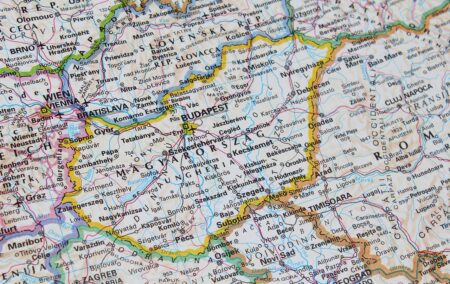European Union (EU) ministers are voicing exasperation that an aid package to Ukraine is being held up by Hungary. The latter last year refused to consent to a transfer worth some €500 million through a special mechanism, the European Peace Facility (EPF), which enabled member states to claim refunds for military supplies transferred to Ukraine.
Hungary’s refusal to allow this to pass is holding up a much larger transfer to the EPF, of around €5 billion.
Hungary’s initial grounds for refusing to sign off on the aid was that a Hungarian bank had been blacklisted by Ukraine as an ‘international sponsor of war’. While the institution was ultimately removed from the blacklist, Hungary insisted on guarantees that its companies would not be named in this manner again – to which end, it seems ti have maintained its veto.
Other EU foreign ministers have voiced frustration at this posture. The Estonian foreign minister, Margus Tsahkna, accused Hungary of constantly working against consensus of ‘very important issues’. Gabrielius Landsbergis of Lithuania, said that Hungary was pursuing a ‘systematic approach towards any efforts by the EU to have any meaningful role in foreign affairs.’
He added that ‘we have to start talking about this’.
Hungary under Prime Minister Viktor Orbán is regarded as a diplomatic outlier in the EU, with greater sympathies for Russia.
There are concerns that it may continue to use its veto power to block other funds, such as the use of proceeds of frozen Russian assets.
In the meantime, European countries seeking to assist Ukraine have had largely to do so bilaterally.
Image by Stefano Ferrario from Pixabay

